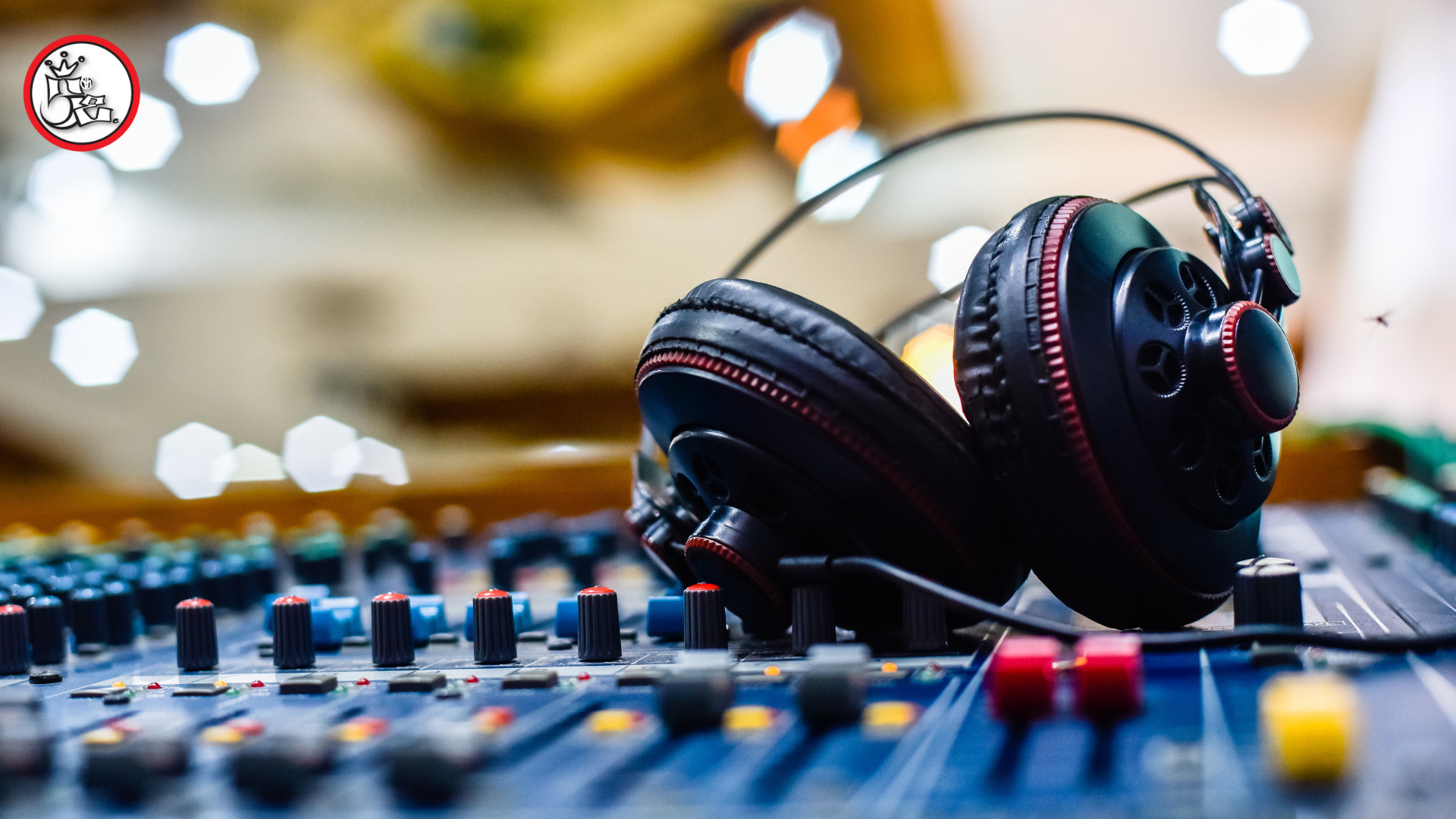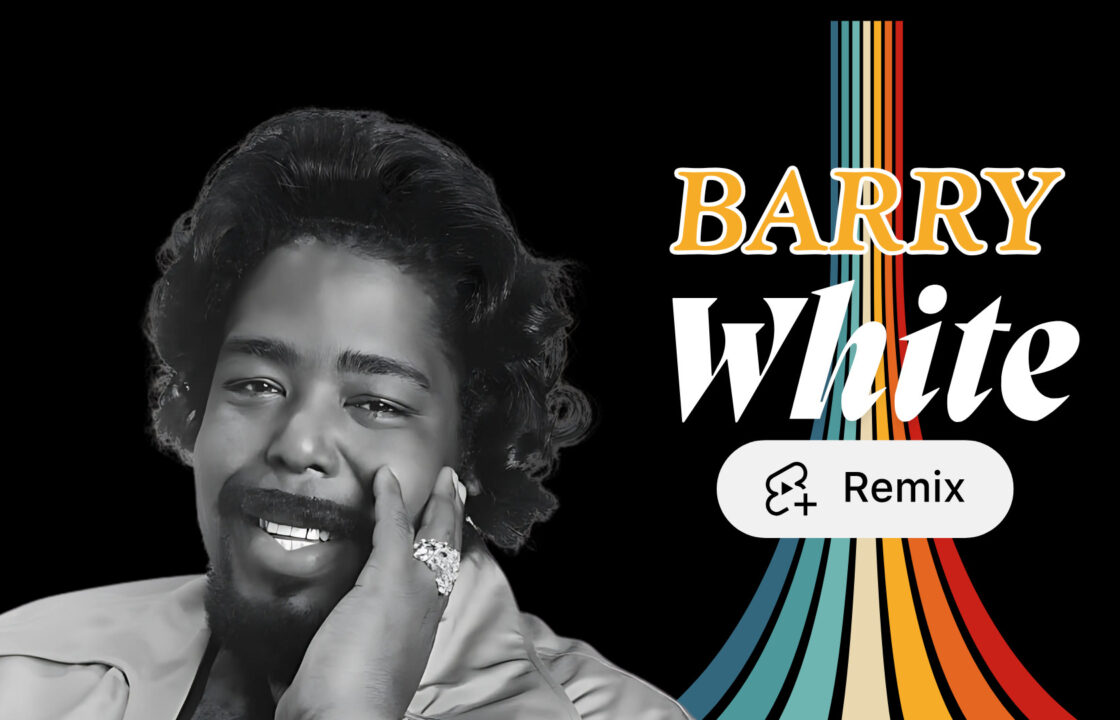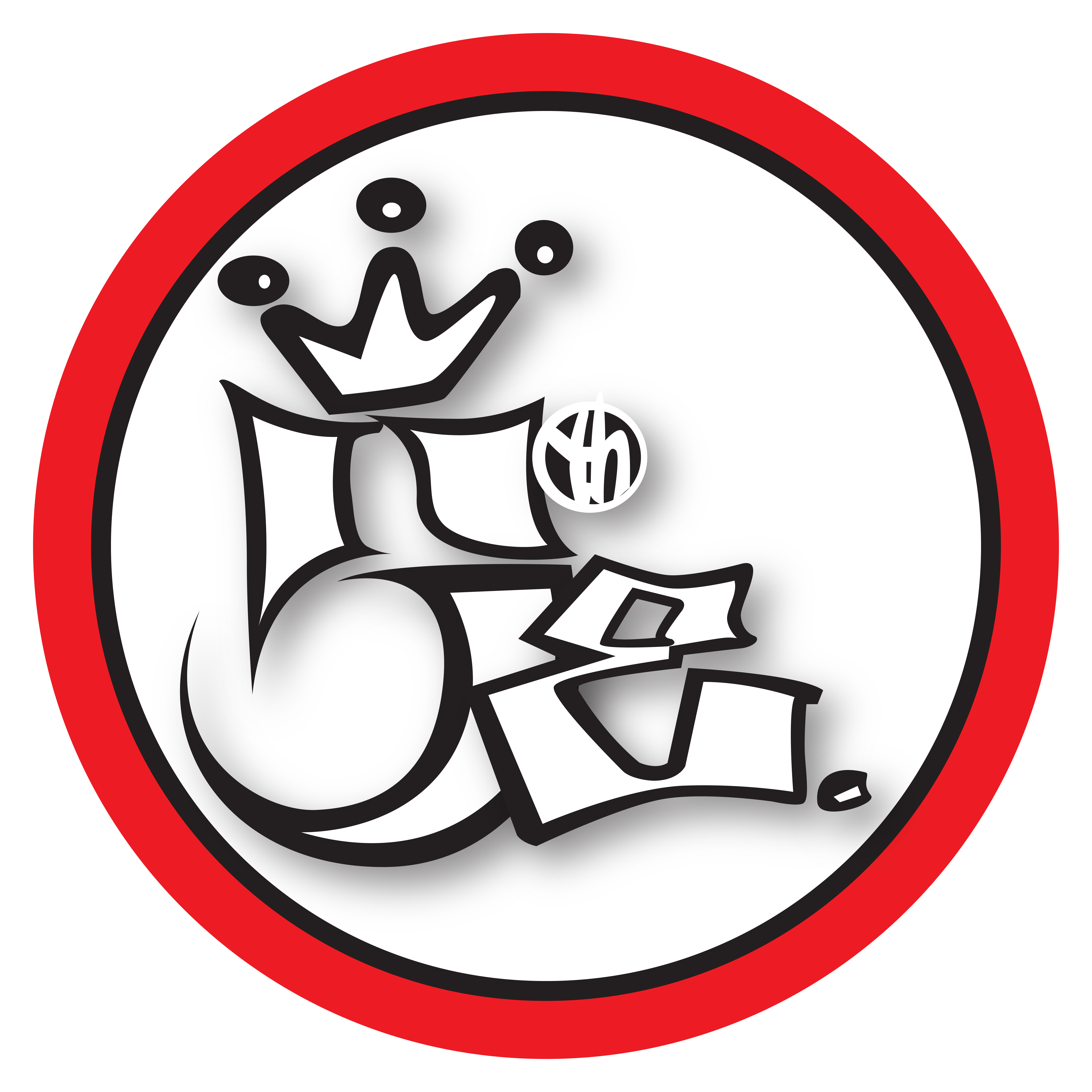
Beat-match, cut mix, and filter sweep like a boss.
As a DJ, your main objective is to create an unforgettable musical experience for your audience. You may have a plethora of skills and a wide-ranging selection of music, but it is the DJ mixer that is the centerpiece of your setup. A quality mixer will elevate your performance and enable you to mix, blend, and transition between tracks with precision and fluidity. In this post, we will discuss how a DJ mixer works, the different types of mixers available, and how having the proper mixer can make a difference in your DJ performance.
The Art of Mixing
Mixing is the art of seamlessly blending two tracks together to create a smooth transition. A DJ mixer is an essential tool that allows you to achieve this seamlessly. It provides the interface between your audio sources and your speakers or headphones. A DJ mixer takes in multiple audio inputs and enables you to manipulate each one individually. The mixer has different channels that allow you to mix different audio sources, including turntables, CD players, media players, and more.
EQ Controls
The EQ controls on a DJ mixer enable you to fine-tune the audio frequencies of each track. A typical DJ mixer has three-band EQ controls, allowing you to adjust the bass, midrange, and treble frequencies. By tweaking these controls, you can adjust the sound of each track and create a better balance between them.
Cross-Faders
A crossfader is another essential component of a DJ mixer. It allows you to smoothly transition between two tracks, creating a seamless blend. The crossfader moves between the two channels, creating a gradual fade-out of the first track while fading in the second track. A DJ mixer with a smooth crossfader makes it easier to create a smooth transition between two tracks.
Types of Mixers
There are different types of DJ mixers available on the market. Each one has its own set of features and is suitable for different types of performances. Here’s a breakdown of the different types of mixers available:
- Two-Channel Mixers A two-channel mixer is a basic mixer that is ideal for beginners. It has two channels that allow you to mix two audio sources, such as two turntables or a turntable and a media player. A two-channel mixer is compact and easy to use, making it ideal for small events and house parties.
- Four-Channel Mixers A four-channel mixer is more advanced than a two-channel mixer. It has four channels that allow you to mix multiple audio sources, such as two turntables and two media players. A four-channel mixer is ideal for larger events and venues where you need to mix multiple audio sources.
- Scratch Mixers A scratch mixer is a type of mixer that is designed for DJs who specialize in scratching. It has a built-in crossfader that is designed to withstand the wear and tear of intense scratching.
- Club Mixers Club mixers are designed for professional DJs who play in clubs and other large venues. They have advanced features such as built-in effects, multiple channels, and high-quality audio processing. Club mixers are typically more expensive than other types of mixers but offer professional-grade sound and performance.
- Portable Mixers Portable mixers are small, lightweight, and compact. They are designed for DJs who travel frequently and need a mixer that is easy to transport. Portable mixers are perfect for mobile DJs who perform at weddings, parties, and other events.
The Right Mixer Makes a Difference
Choosing the right mixer is essential to a DJ’s performance. The proper mixer can make it easier to mix tracks, create transitions, and blend audio sources. A high-quality mixer provides better sound quality, has more features, and is more durable than a lower-quality mixer.
Here are a few things to consider when choosing the right mixer:
- Audio Quality A high-quality mixer should provide clean, clear audio with minimal noise or distortion. Look for mixers that have high-quality audio processing components and built-in digital signal processing (DSP) to help enhance the audio signal.
- Durability DJs need mixers that can withstand the rigors of frequent use, transport, and performing in various environments. Look for mixers that are built with durable materials, such as metal or high-grade plastic, and have robust components that can withstand frequent use and the wear and tear of intense performances.
- Features The type of mixer you choose will depend on the features you need. For example, if you’re a scratch DJ, you’ll need a mixer that has a crossfader that’s suitable for scratching. If you perform in clubs or large venues, you may need a mixer that has built-in effects, multiple channels, and advanced EQ controls.
- Price Mixers range in price from affordable basic models to high-end professional-grade mixers. Consider your budget and the features you need when choosing a mixer. You don’t want to overspend on a mixer that has features you won’t use, but at the same time, you don’t want to compromise on quality just to save a few dollars.
Tips and Techniques
Once you’ve chosen the right mixer, it’s time to learn some tips and techniques to help you elevate your performance. Here are a few techniques you can use with your DJ mixer:
- Beatmatching Beatmatching is the process of synchronizing the tempo of two tracks so that they play together seamlessly. Use the pitch control on your mixer to match the tempo of the two tracks, then use the EQ controls to adjust the balance between the tracks.
- Cut Mixing Cut mixing is a technique where you use the crossfader to switch between two tracks quickly, creating a stuttering effect. Cut mixing is often used in hip-hop and other genres where quick transitions are common.
- Filter Sweeps Filter sweeps are a technique where you use the high-pass or low-pass filter on your mixer to create a sweeping effect. This technique is often used to create tension or build up to a drop in the music.
As you can see, a DJ mixer is the centerpiece of a DJ setup. It provides the interface between your audio sources and your speakers or headphones, allowing you to mix, blend, and transition between tracks with precision and fluidity. There are different types of mixers available, each with its own set of features and suitable for different types of performances. Choosing the right mixer is essential to a DJ’s performance, and once you’ve chosen the right mixer, learning techniques such as beat-matching, cut mixing, and filter sweeps can help you elevate your performance and create an unforgettable musical experience for your audience. For a hands on experience of this in action, contact us and ask about “Scratch University”.
While not only a Boise, Idaho DJ, Mike Gradian has been a staple DJ in the “City of Trees” for decades. He continues to grace venues across the state keeping the art of turntablism alive!



